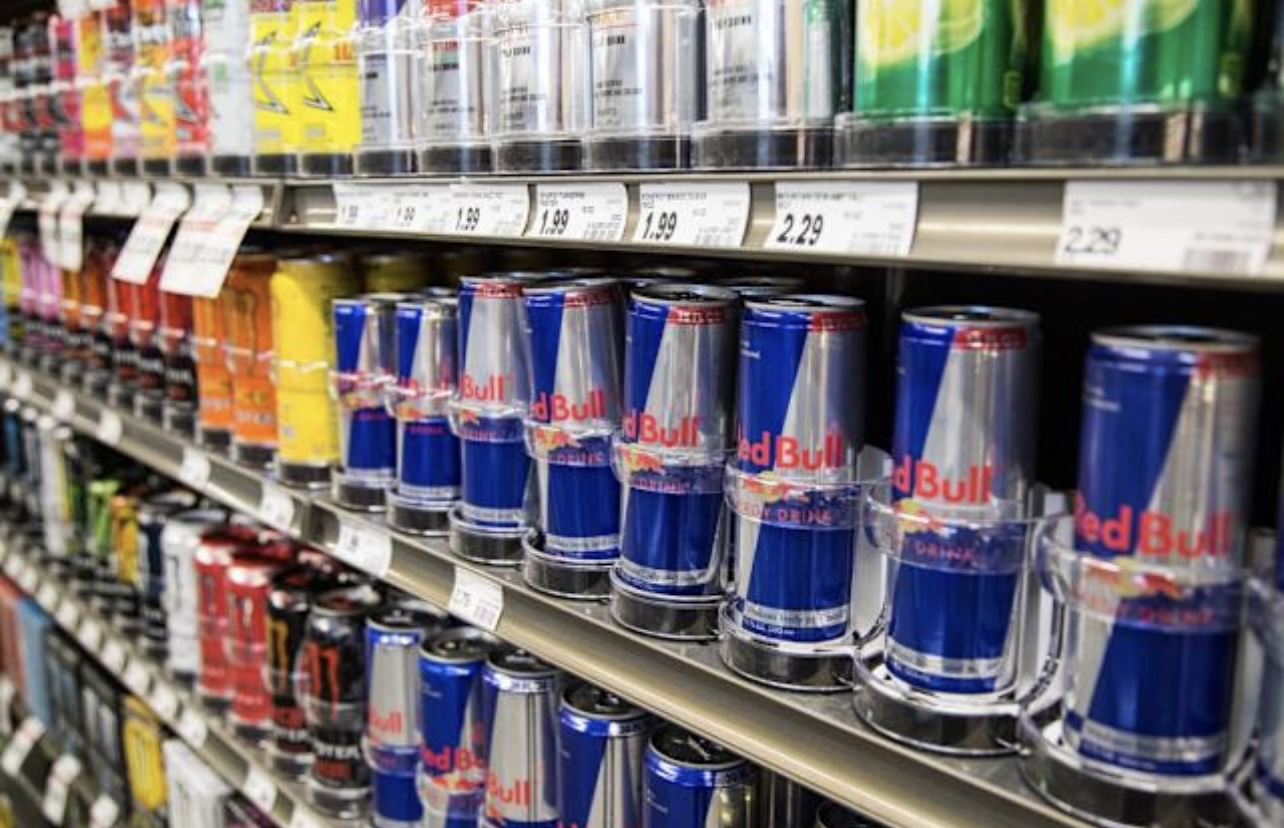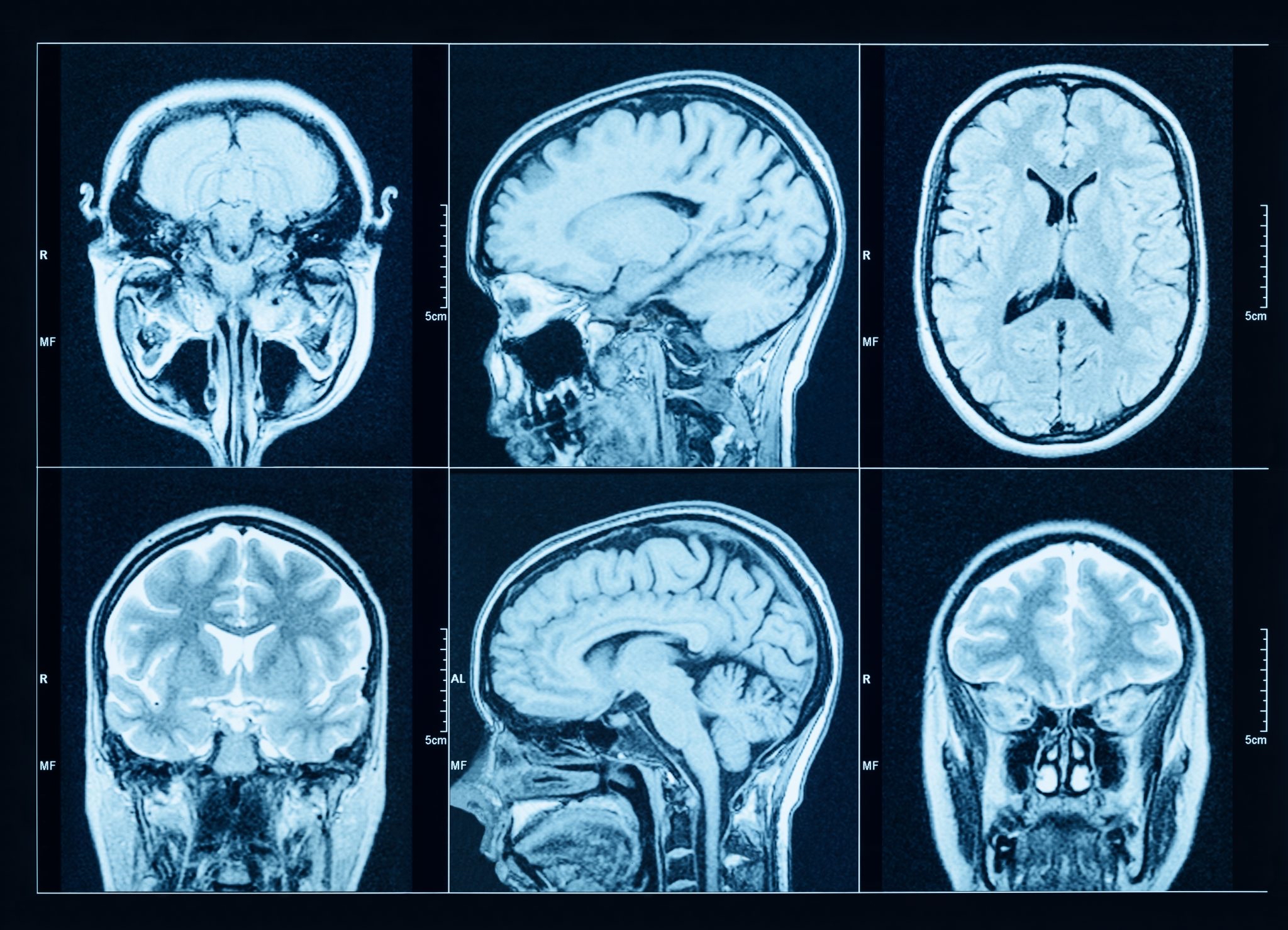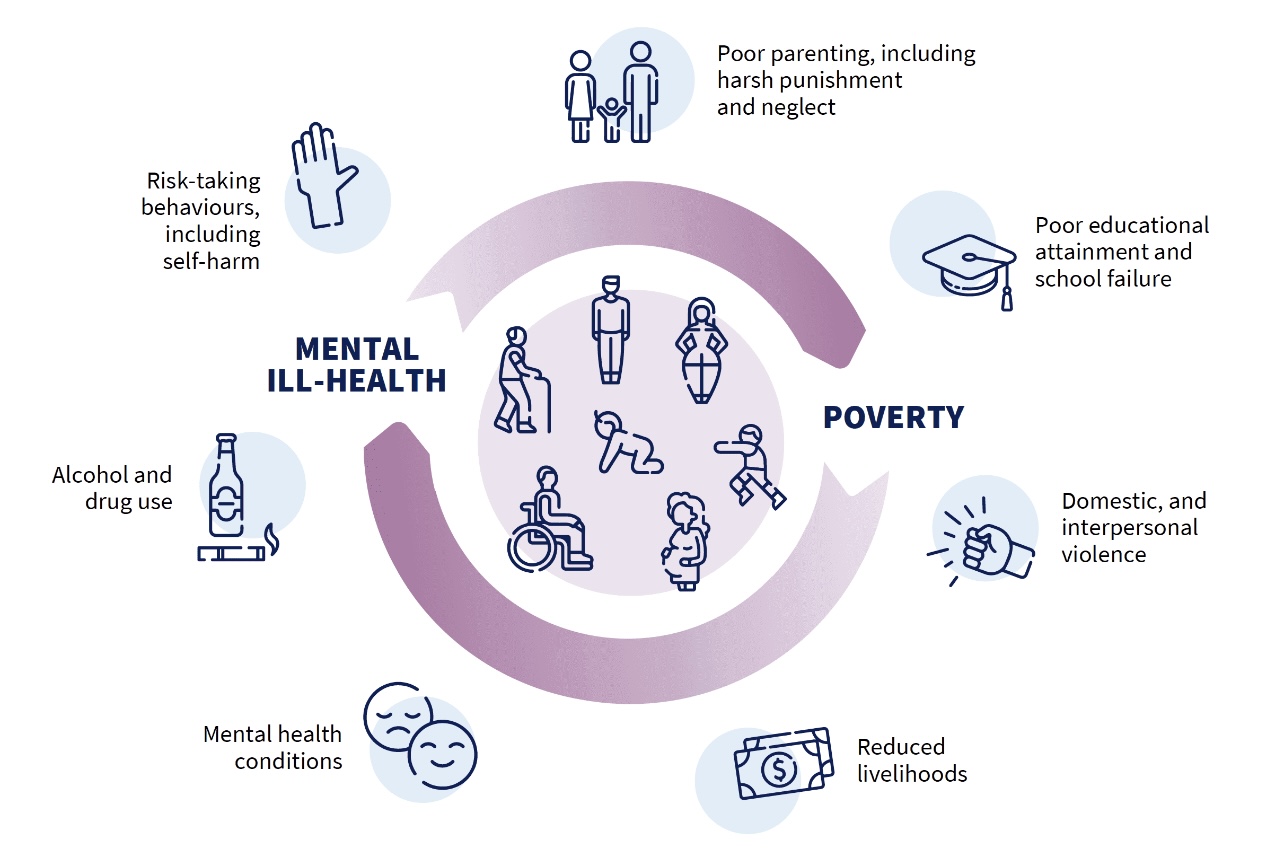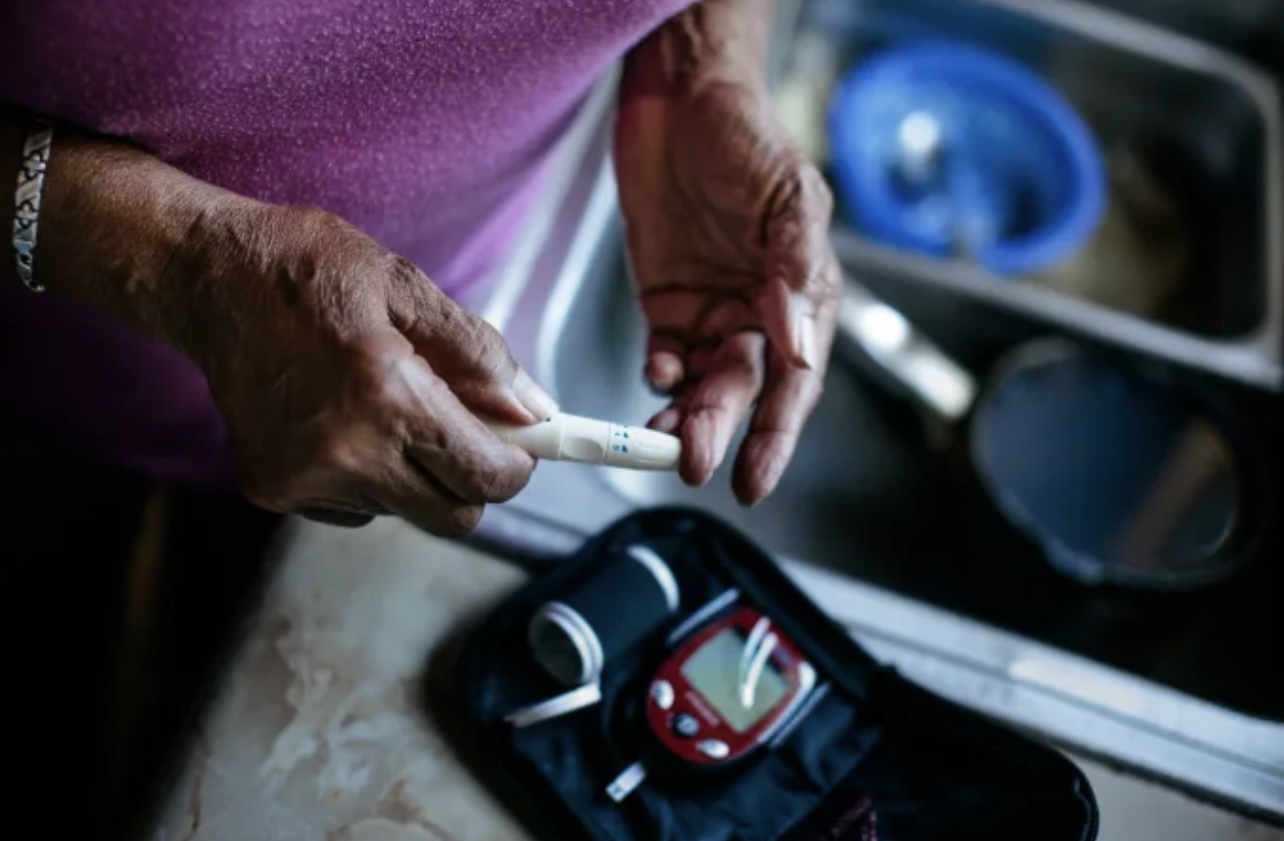The UK government has announced plans to ban the sale of high-caffeine energy drinks to anyone under the age of 16, in what ministers describe as a decisive step to protect children’s health. The restriction, part of the Labour government’s “Plan for Change,” will apply to beverages containing more than 150 milligrams of caffeine per litre, including popular brands such as Monster, Red Bull, Relentless and Prime Energy.
The ban, which will cover shops, restaurants, cafes, online retailers and vending machines, is aimed at curbing obesity, poor concentration, dental decay and disrupted sleep patterns among young people. Health Secretary Wes Streeting, outlining the proposal, argued that energy drinks had no place in the daily diets of children, asking: “How can we expect pupils to do well in class if they are effectively having the equivalent of a double espresso before lessons?”
Currently, it is estimated that around 100,000 children in the UK consume at least one high-caffeine energy drink every day. According to government figures, the measure could prevent obesity in up to 40,000 children, while delivering public health benefits worth tens of millions of pounds in the long term. Experts have welcomed the move, pointing to the harmful effects of energy drinks on sleep and concentration, as well as their contribution to tooth decay.
Some supermarkets, including Tesco, Sainsbury’s, Asda, Morrisons and Waitrose, had already imposed voluntary bans on energy drink sales to under-16s. The new policy will make this a nationwide legal requirement, enforceable under the Food Safety Act of 1990. While public health advocates have praised the government’s stance, industry representatives have urged caution. The British Soft Drinks Association noted that energy drinks are already clearly labelled with caffeine content and recommended age guidance, and warned against introducing regulations without thorough evidence.
A 12-week public consultation has now been launched to gather input from health experts, retailers, manufacturers, teachers and parents, with responses due by late November. Secondary legislation is expected to follow soon after.
The proposed law marks one of the most significant interventions in youth dietary health in recent years, reflecting growing concern over the marketing and consumption of highly caffeinated products by children. If implemented, the ban would place the UK among a small group of countries, including Norway, that have set firm age restrictions on energy drink sales.



